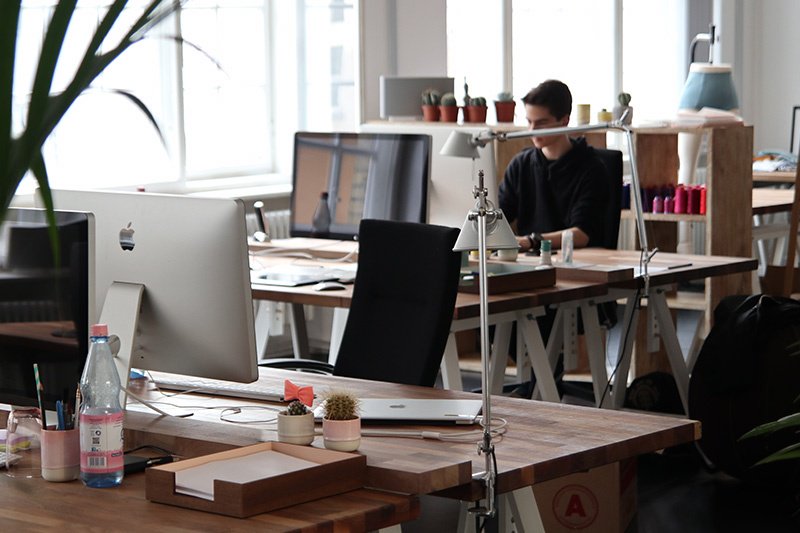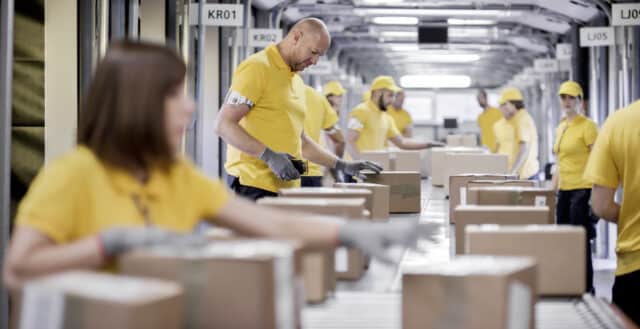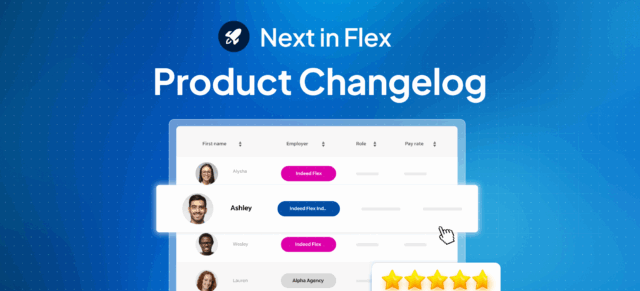
It is no secret that happier people perform better at work. Whilst productivity is often tied to professionalism, breaking from the rules might be the smarter thing to do. Here are 7 ways to promote productivity and happiness at work:
-
Understand the bigger picture
Delegation is a key part of effective work. Yet, knowing what goes on outside of your own tasks is ironically the best way to ensure interest in your own work. Mundane and repetitive tasks are sometimes unavoidable.Explaining overall company developments and goals, is important in motivating employees. It helps them see how their individual role feeds into the progress of an overall aim. Understanding the significance of your own role and its direct impact on a process can help you to understand that even the most mundane tasks have a purpose.
-
Encourage selifsh investment
Whilst a happy workplace should always encourage a community of respect, everyone is self-invested. Maybe it is using a job role as a stepping-stone in a career goal? Or wanting to improve personal skills? Being aware of these individual aims allows you to understand employees better. Through encouragement, people feel that they are also progressing towards a personal desired goal. It helps people to feel more passionate about work. Less enjoyable tasks and even stress can then be better managed. -
Be open to criticism and openly criticise!
Whilst criticism carries negative connotations, and in excess can be detrimental to a community ethos, it carries positive work environment benefits.Deloitte’s study on feedback shows that this is greatly beneficial for employers too! Being open to criticism from colleagues, and by openly criticising other’s work constructively, you grow as a team. Open criticism eliminates passive aggression in the workplace, and renders behind-the-back airing of grievances totally unnecessary. The ability to openly discuss ideas and analyse each other’s work comes with a better relationship among co-workers; an ethos of honesty and the promotion of strong teamwork.

-
Congratulate before results
Whilst we often work for results, showing gratitude for hard work and effort for tasks and projects can be a game-changer in the workplace. Appreciating the efforts of your peers and not just the outcomes they achieve, eliminates the mentality of an individual’s role being purely a function for the company. A value for efforts is a key component to promoting a psychology of success. Congratulating colleagues for the work they do before the results shows a genuine gratitude for them as an individual and will only promote a want to achieve highly in knowing their efforts are valued. Gratitude is what makes employees feel valued and happier at work. -
No organised fun, please
Whilst getting to know your colleagues out of the workplace is not something to discourage, actively implementing fun at work can be counter-productive to overall happiness at work. Team-building activities including quizzes and staff drinks outside work hours can seem like a great way to ‘break the ice’. But work-organised fun can often seem like an extension of work itself, or an added burden.Whilst polls have shown that people want to feel happy at work, the vast majority have expressed that when ‘fun’ is artificially manufactured, people see these a waste of time. After all, if people want to socialise together, they’ll do so at their own leisure. Though there’s still nothing wrong with grabbing a few Friday after-work drinks with your colleagues to start the weekend!
-
Allow people to manage themselves
“The World Happiness Report 2017” suggests freedom and honesty are key factors in a happy workplace. Whilst the pressure of deadlines and workload can often make reaching deadlines a key focus in the workplace, there is little productivity to be found in purely endorsing strict professionalism in time management. Those who feel that they are able to take breaks as and when they want them and have autonomy in managing their time are actually less likely to procrastinate.Companies such as Netflix have even taken to paying only salaries (no bonuses), allowing employees to choose their work hours instead. It both increasing concentration and alters people’s mentality towards tasks. They are less likely to procrastinate in cultivating a self-determined want to work. A work environment that doesn’t feel controlled and somewhat self-managed makes people feel happier, but also appreciated.
-
Expect only the best

People aren’t always going to be on top-form 100% of the time. However, expecting the best from your colleagues is a great way to ensure high of levels of productivity at work. This must come from a place of trust and belief in your staff that they are good at what they do. There is a difference between, ‘I know you’ll do a great job’ and ‘I want you to produce great work’.
Infusing a resolute confidence in the individuals you work with, people feel encouraged and supported in the work they produce. A positive attitude and an assertion in your support of that individual will make people want to do a good job and feel more confident in that you are confident in them.








